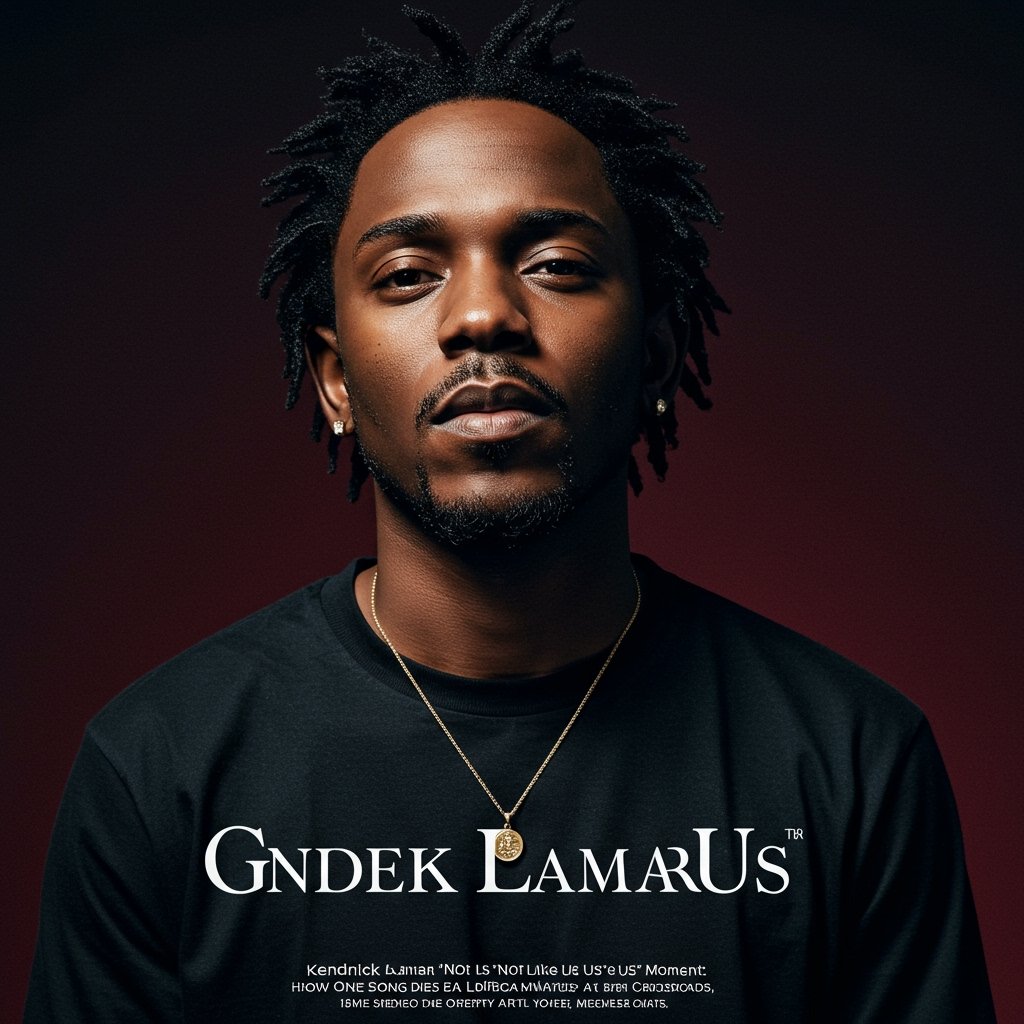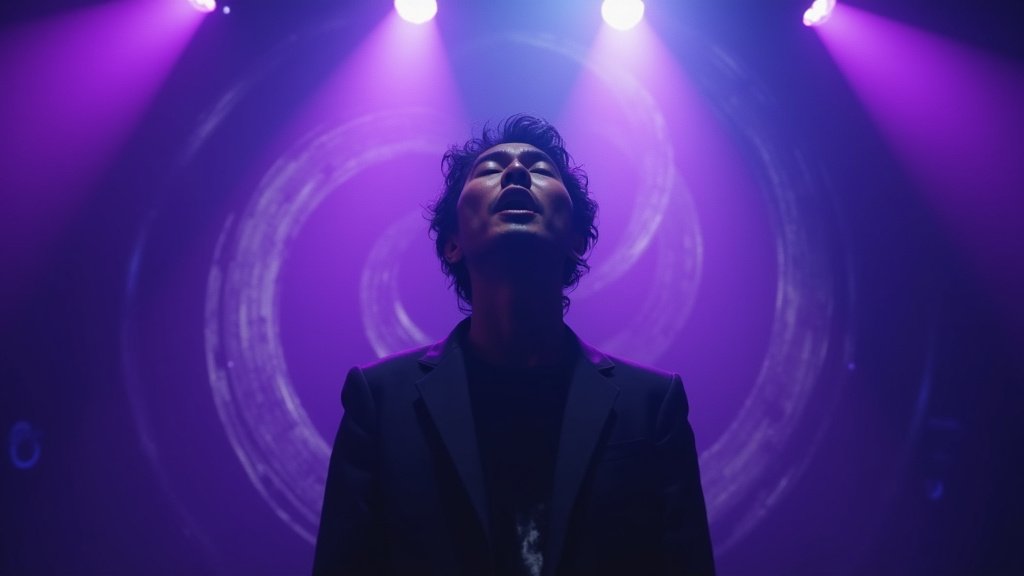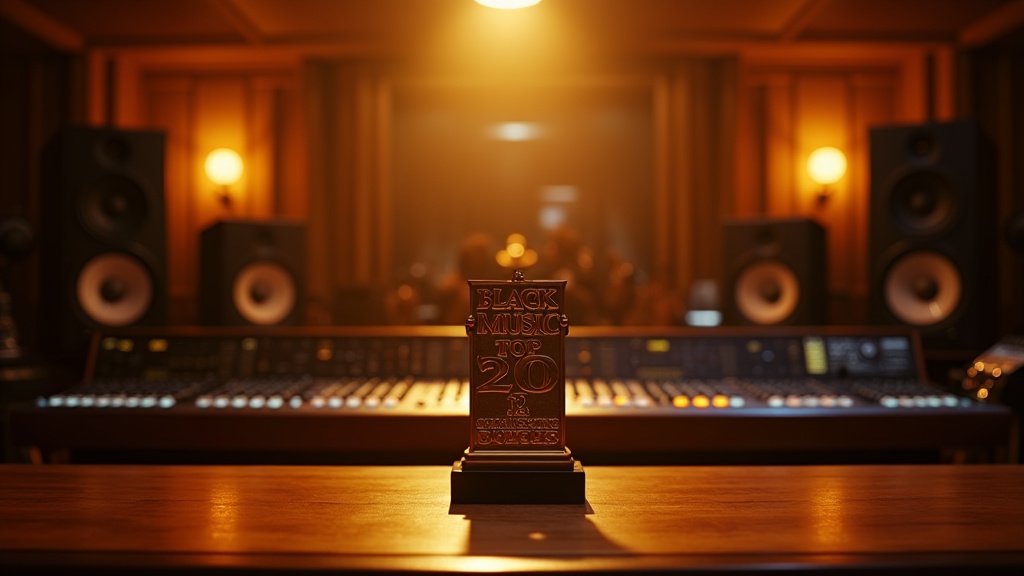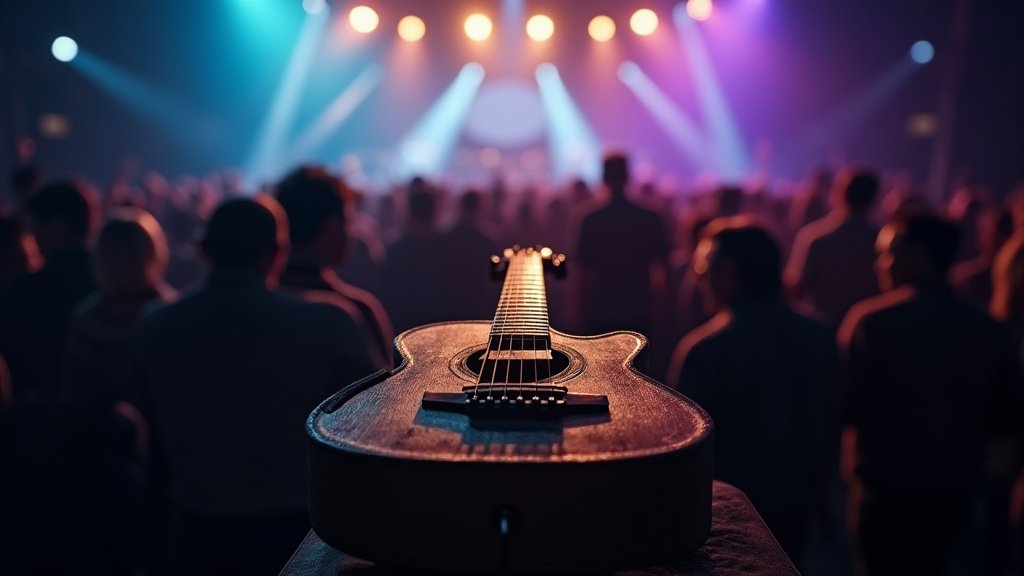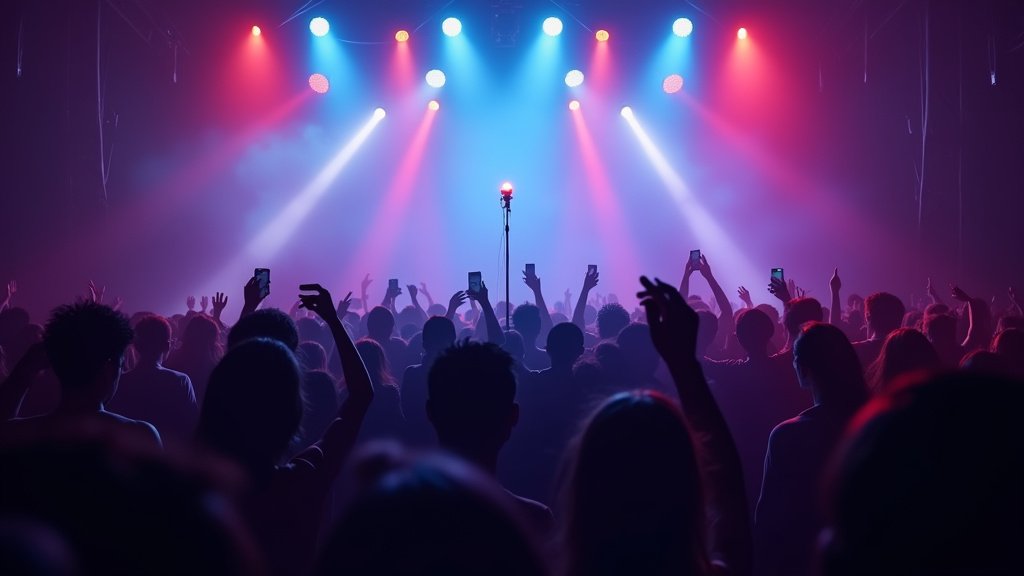Published on June 19, 2025, a recent column explored the profound cultural resonance of Black artists in contemporary society, particularly focusing on the seismic impact of Kendrick Lamar. The piece delves into how certain musical moments transcend entertainment to become significant cultural touchstones, arguing that Black artists are uniquely positioned to create music that \”meets this moment.\”
The Pinnacle of a Rap Rivalry
A central focus of the analysis is the high-profile rap battle between Kendrick Lamar and Drake. This rivalry, a long-simmering undercurrent in the hip-hop world, escalated dramatically in the winter of 2023 with an intense exchange of diss tracks that captivated global audiences. The column posits that this lyrical confrontation was more than just a musical feud; it was a clash of styles and philosophies within the genre.
The author highlights Kendrick Lamar’s eventual perceived victory in this battle, attributing his success not to chart longevity or sheer number of hits, but to his perceived authenticity. This is contrasted with Drake’s extensive record of Billboard Hot 100 entries, suggesting that in this particular confrontation, genuine connection and lyrical substance resonated more deeply than mainstream commercial success.
Juneteenth, Inglewood, and a Defining Performance
A pivotal event discussed in the column is Kendrick Lamar’s concert, \”The Pop Out: Ken and Friends,\” held at the Kia Forum in Inglewood. This event took place on Juneteenth last year, a date steeped in historical significance for the Black community. The timing and location added layers of meaning to Lamar’s performance.
The concert featured a moment that has since become iconic: Lamar performed his acclaimed track, \”Not Like Us,\” a remarkable five times. The energy and repetition underscored the song’s potent message and its connection with the audience. Following the concert, the music video for \”Not Like Us\” was released on the Fourth of July, further extending the song’s cultural footprint over significant American holidays.
The reach of Lamar’s Juneteenth performance was substantial. It was livestreamed on Prime, Amazon’s streaming service, and was subsequently reported as the most-watched production on Amazon Music, demonstrating the immense digital impact and viewership the event commanded.
\”Not Like Us\” Enters the Political Sphere
The influence of \”Not Like Us\” extended beyond musical and cultural circles, making an unexpected appearance in the political realm. The column notes that Vice President Kamala Harris played the song at a rally in Atlanta. This moment underscored the song’s penetration into the broader public consciousness and its adoption by figures across different sectors of society, highlighting its undeniable cultural significance.
Perspectives on Authenticity in Artistry
The column broadens its scope beyond Lamar to consider other artists and cultural commentators. It mentions artist Big Sean, highlighting his deliberate focus on creating uplifting music. This points to a wider trend among some Black artists to use their platform for positive messaging and community building.
Adding another dimension to the discussion, the perspective of Ben Watkins is included. Watkins, known as the creator of the Prime TV series \”Cross,\” offers insights into the contemporary demand for authentic Black artistry. His view, likely shaped by his work in television, reinforces the idea that audiences are increasingly seeking genuine, unvarnished creative expression from Black creators across different media.
Music Meeting the Moment
The column concludes by returning to its initial premise: the role of Black artists in creating music that speaks directly to the present moment. Kendrick Lamar’s journey through the rap battle, his powerful Juneteenth performance of \”Not Like Us,\” and the subsequent cultural and even political resonance of the song serve as a compelling case study.
By highlighting figures like Big Sean focusing on uplifting themes and incorporating perspectives from creators like Ben Watkins on the demand for authenticity, the piece illustrates a broader movement within Black artistry. It suggests that in a complex and rapidly changing world, the authentic voices and narratives presented by Black artists are not just providing entertainment, but are offering crucial reflections and connections that truly meet the moment.

